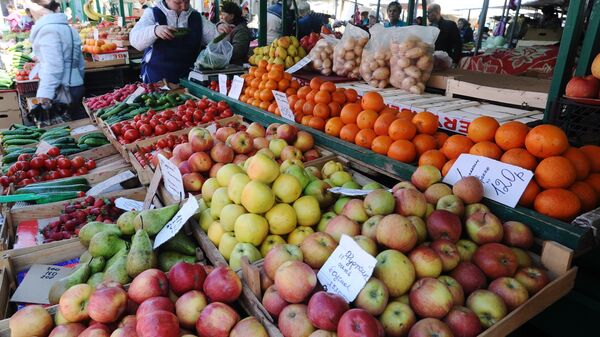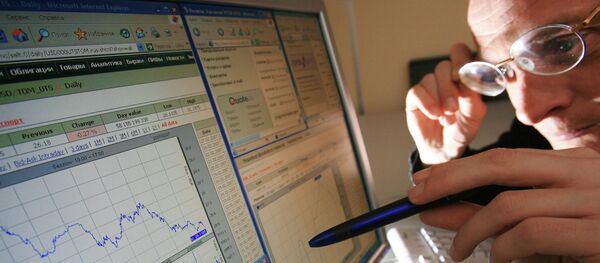He said Russia would like to go further, but complained the issue was clouded by politics, EUobserver online newspaper reported on Wednesday.
Moscow imposed the ban on most EU food exports last August in response to EU economic measures on its banks, arms firms, and energy companies.
The Russian sanctions expire on August 7.
The EU measures end in July unless they are renewed by consensus. But EU leaders, at a summit in March, announced a “political agreement” to extend them until the end of the year.
Dankvert said that Russian counter-sanctions had cost EU exporters “approximately $3.5 billion” in “direct losses”.
He noted that Russia has, in the meantime, increased imports of cheese, other dairy products, and seafood from Asia, Latin America, and North Africa.
“The ‘forbidden’ foods have been absent from our shelves for almost a year, and … we have somehow survived”, he said.



